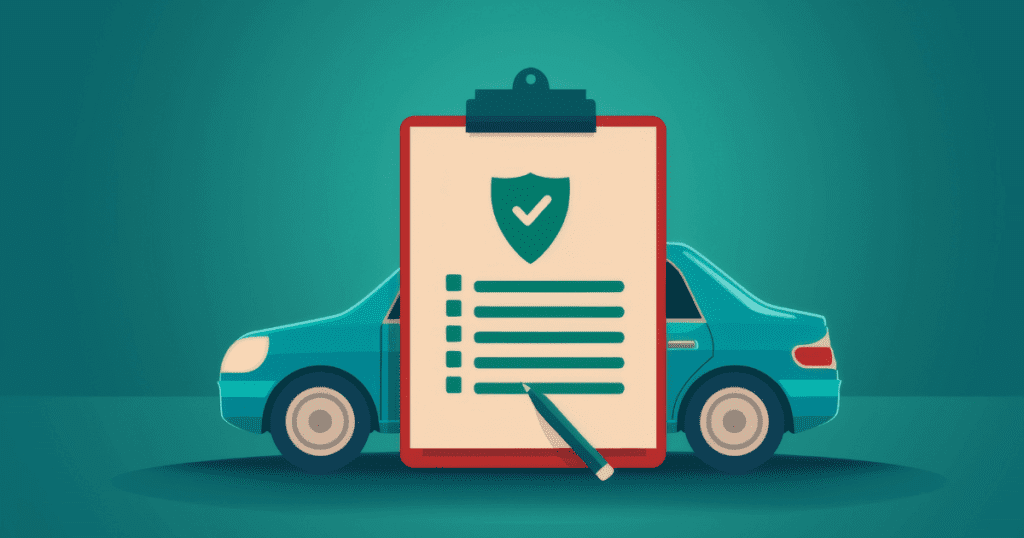
How to Choose the Right Auto Insurance Deductible
When it comes to auto insurance, one of the most important decisions you’ll make is selecting your deductible. But what exactly is a deductible, and how do you know which one is right for you? Simply put, a deductible is the amount you agree to pay out of pocket before your insurance kicks in after a claim. It’s a bit of a balancing act: on one hand, a higher deductible can lower your monthly premiums, but on the other hand, it means you’ll pay more out of pocket in the event of an accident.
So, how do you choose the right auto insurance deductible? It all comes down to assessing your financial situation, driving habits, and vehicle value. In this guide, we’ll walk through the key considerations to help you make the best decision.
1. Assess Your Financial Situation
The most critical factor in choosing your deductible is your current financial situation. Let’s be real: could you afford to pay $1,000 or even $2,000 in the event of an accident? If a higher deductible would strain your budget, it might be smarter to opt for a lower one, even if it means higher premiums each month.
Think of it this way: a lower deductible gives you peace of mind because you know that if an accident happens, your out-of-pocket costs will be more manageable. However, if you’re someone with a solid emergency fund or savings set aside for unexpected expenses, a higher deductible could be a better choice. You’ll benefit from lower monthly premiums, which can add up to significant savings over time.
What You Can Do:
Take a hard look at your finances and decide what level of deductible you could comfortably afford to pay if something happens. You don’t want to find yourself scrambling to cover costs after an accident just to save a few dollars each month on your premium.
2. Consider Your Driving Habits
Your driving habits also play a major role in determining the best deductible for you. Are you someone who only drives occasionally, sticking mostly to local roads, or do you commute long distances every day? The more you drive, the more likely you are to be involved in an accident—so, if you’re on the road frequently, you might want to think twice about opting for a high deductible.
Conversely, if you’re someone who drives less frequently and in low-risk areas, you might feel comfortable taking on a higher deductible because the chances of needing to file a claim are reduced. Fewer miles on the road typically mean a lower risk of an accident, which could make a higher deductible and lower premiums a safe bet.
What You Can Do:
Evaluate how much you drive and what kind of risks you’re exposed to on the road. If your driving patterns suggest a lower risk, a higher deductible could work in your favor, helping you save on premiums over time.
3. Consider the Value of Your Vehicle
Another factor to think about is the value of your vehicle. If you’re driving an older car that isn’t worth a lot, choosing a higher deductible might make sense. In the event of a serious accident, the cost to repair or replace an older car might be lower, and you may decide that paying a higher deductible is worth the trade-off for reduced premiums.
On the flip side, if you drive a newer or more expensive vehicle, the cost to repair or replace it will likely be much higher. In this case, a lower deductible can help you avoid paying a large amount out of pocket after a collision or other damage. A newer car may also have features like advanced safety systems, which could reduce the likelihood of a severe accident—but keep in mind that any repairs could be costly.
What You Can Do:
Check your car’s market value and weigh the potential repair or replacement costs against your deductible options. A high deductible on a low-value car can save you money, but if your vehicle is worth more, a lower deductible might be a better investment in the long run.
4. Weigh Premium Savings vs. Risk
Choosing the right auto insurance deductible is all about finding the balance between premium savings and risk. It’s tempting to go for a high deductible because of the lower monthly premium, but it’s important to remember that saving on premiums now could lead to higher costs down the road if you’re involved in an accident. Ask yourself: how likely am I to file a claim? If the answer is “very unlikely,” then a higher deductible might save you money in the long run.
However, if you know that you’re prone to accidents or live in an area with high accident rates, it might be safer to opt for a lower deductible. It’s all about balancing the immediate savings with the potential long-term costs.
What You Can Do:
Ask your insurance provider to give you quotes for various deductible amounts and compare the premium savings against the risk of higher out-of-pocket costs. This will give you a clearer picture of how each option affects your wallet, both now and in the event of a claim.
Finding The Right Auto Insurance Deductible is Easy with TGS Insurance Agency
Choosing the right auto insurance deductible isn’t a one-size-fits-all decision. It’s about understanding your own financial comfort zone, your driving habits, and the value of your vehicle. A little bit of planning now can save you both time and money down the road. Remember to reassess your situation regularly—what made sense a few years ago might not be the best choice today.
At the end of the day, the best deductible is the one that aligns with your lifestyle and financial needs. Our experienced agents are here to help you navigate your options and find the best auto insurance policy for you! Get started with a free auto insurance quote today.